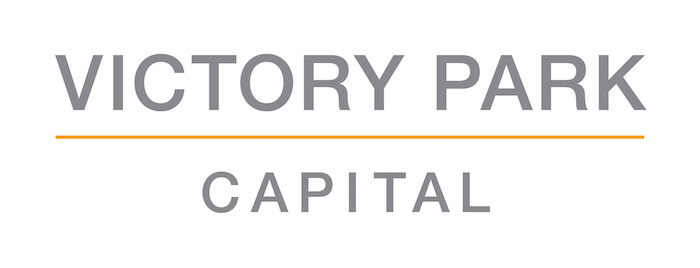Darrow, the leading legal intelligence platform, today announced the launch of Darrow’s PlaintiffLink platform for mass arbitration. With tens of thousands of plaintiffs already uniquely vetted on PlaintiffLink, the platform offers unparalleled quality of service for law firms in the pursuit of justice.
PlaintiffLink is a revolutionary plaintiff-connecting tool for law firms, now built to support the complexity of mass arbitration cases. PlaintiffLink enables attorneys to plan, review, and approve potential clients through a centralized portal. It allows attorneys to connect with the large volumes of clients needed for mass arbitration. Using the platform, attorneys can gain data driven insights that power effective filing strategies and streamlined case management, backed by Darrow’s top-tier legal consultancy.
“PlaintiffLink provides a cutting-edge solution to the risks and costs associated with mass arbitrations, and makes it easier for attorneys to promptly connect with the tens of thousands of clients needed for these types of cases,” said Evyatar Ben Artzi, Co-Founder and Chief Executive Officer of Darrow. “We’re committed to delivering technology that helps victims connect with the best law firms to ensure justice is served, even in the most complex matters that require expert attention.”
PlaintiffLink addresses the biggest barrier for attorneys considering mass arbitration cases: connecting with a large volume of qualified plaintiffs and managing them seamlessly. Through a centralized portal, attorneys can now leverage PlaintiffLink to connect with tens of thousands of thoroughly vetted, qualified plaintiffs needed for arbitrations. The service operates on a unique contingency model, shifting financial risk away from attorneys.
“We’ve built a dedicated solution to enable visibility into client cohorts in a single matter so that attorneys can effectively file and manage cases,” said Gila Hayat, Co-Founder and Chief Technology Officer of Darrow.
PlaintiffLink enables lawyers to swiftly review through thousands of individual clients. Users can drill down into specific claim cohorts, download raw CSV data files containing all details about each claim, and review insight reports to get a more visual and statistical analysis of the case. PlaintiffLink also employs a comprehensive review process, with two tiers of expert vetting, to streamline client acquisition and reduce invalid claims.
Darrow is committed to delivering products that drive firm growth and profits per partner, and it is planning additional releases throughout 2024 to support its users.
For more information, visit: https://darrow.ai
About Darrow
Founded in 2020, Darrow is a legal tech company on a mission to fuel law firm growth and deliver justice for victims. Darrow’s AI-powered justice intelligence platform leverages generative AI and world-class legal experts and technologists to uncover egregious violations across legal domains spanning privacy and data breach, consumer protection, securities and financial fraud, environment, and employment. Darrow is based out of New York City and Tel Aviv.





